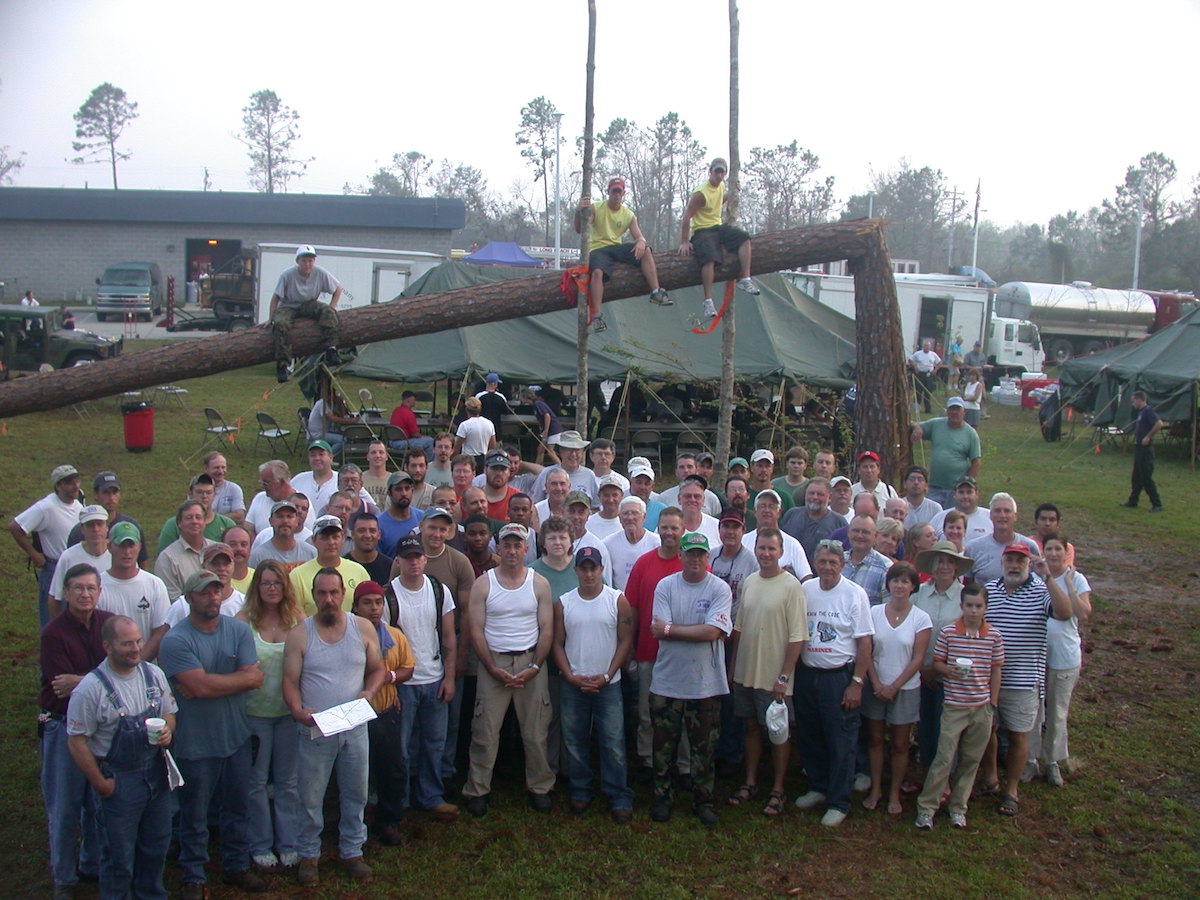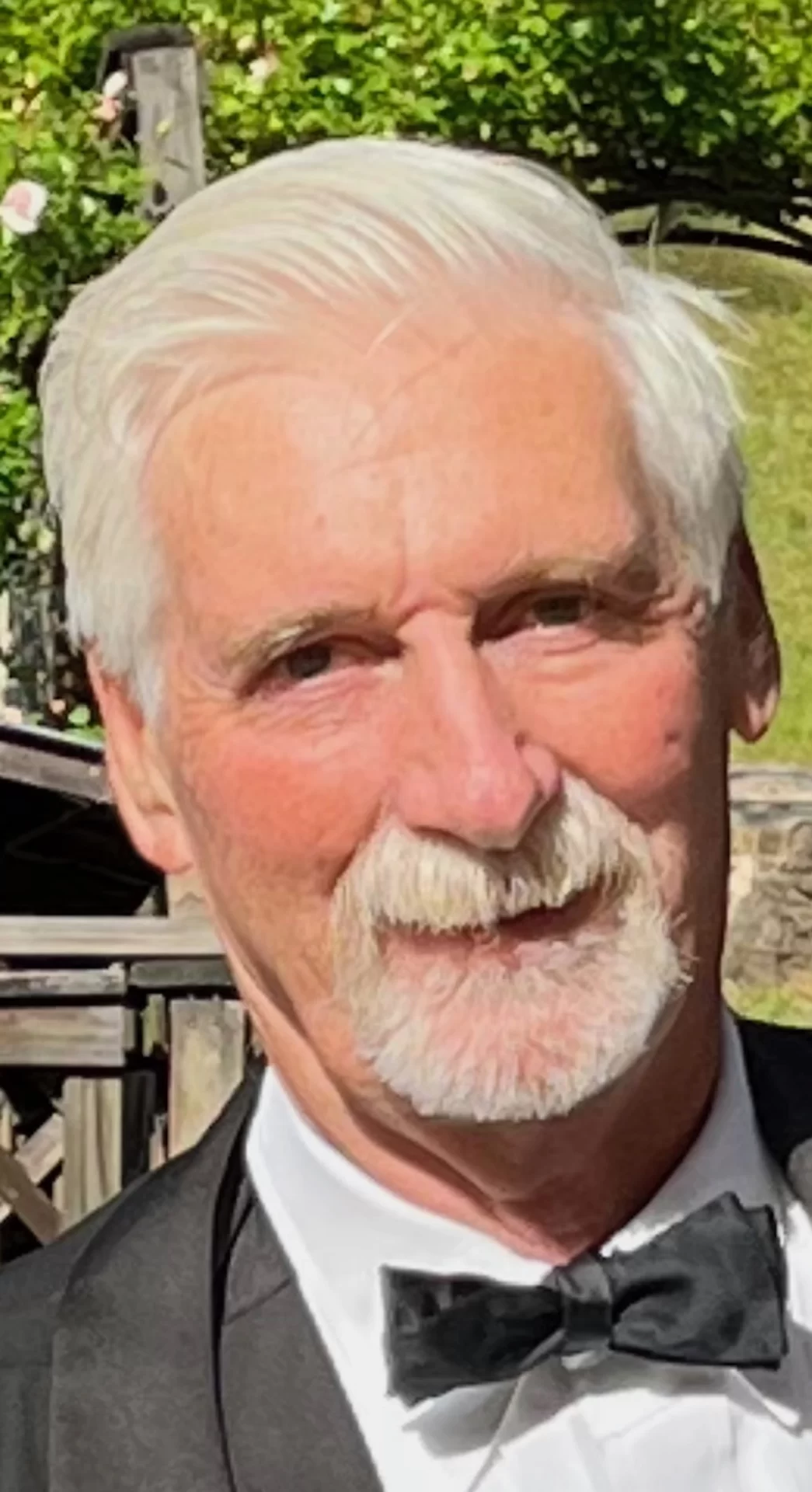
By Bill Rauch
One of the Charleston-based consultants that the city of Beaufort has retained to market its Digital Corridor contacted me last week asking to have breakfast and talk about the city’s economic development efforts.
Kindly, he said he was doing so because I am a former mayor and “a guy who loves Beaufort.” All true.
We haven’t had our breakfast together yet, but here’s what I’ll say to him.
The Beaufort City Council made his job. But they didn’t make it easy.
They have got the trend lines in five key areas — safety, costs, the smell of success, community excitement and hope — all moving in the wrong direction.
Last week’s ARMED ROBBERIES at Smoker’s Express and of a man who was pistol-whipped as he got his mail from his Mossy Oaks mailbox speak clearly to safety.
In recent years City Council has routinely so underfunded the city’s police department that, local law enforcement professionals say, Beaufort is now once again the drug-dealing capitol of Northern Beaufort County.
From 1994-2008 the city’s then award-winning community policing efforts — initiated by Mayor David Taub in 1993 and implemented by Police Chiefs Bill Neill and Jeff Dowling— ran the drug dealers out of town. No, there were not BACK-TO-BACK ARMED ROBBERIES in Beaufort in those years.
But Mayor Keyserling’s Councils have deemphasized support for the police department, and the drug dealers, who are the ultimate opportunists, saw their chance, returned, and brought with them the violent property crimes that always follow them.
Not convinced? Take a look at the numbers. In the last eight years in-city police calls for service have tripled, but the number of officers assigned to handle them has remained unchanged. That means Beaufort’s police officers no longer have the time to get out of their cruisers and talk to people. They are racing from call to call. Policing in Beaufort is thus now reactive. Yet law enforcement professionals say in unison that it is proactive policing — often called “community policing” — that prevents crime. We don’t have that anymore.
That is clearly not good for — among other things — the city’s economic development efforts. Everyone, except a bail bondsman who is considering starting a new business, looks for a safe area in which to do so.
Council members wonder why the city’s population is decreasing. They think it’s because there are no good jobs and that they’ll work to get jobs for the city’s young people. Here’s a tip. Don’t try to make the jobs, try to make the climate one that is conductive to job-creation. Smart gardeners don’t spend a lot of money buying exotic plants and then bring them home and plant them in the wrong soil. The part that needs the work is the soil.
Work on cutting taxes. Shed the programs that haven’t worked. Start-ups look for jurisdictions where costs are stable. That’s not Beaufort. In the Keyserling years the City Council has raised one tax or another in just about every budget season. To my knowledge none has ever been reduced. Ironically these City Councils have raised costs mostly in the name of economic development, although few, if any, jobs that are attributable to the city’s costly efforts have been created.
Take for example the city’s economic development flagship, the Commerce Park. Purchased by the city for $1.85 million in 2012, jobs at the desolate 168-acre park have been lost since the city has owned it. And no wonder. The city’s maintenance and promotion of the park fall way short of what a privately-owned park would do. They get an F.
Success breeds success, and wary entrepreneurs avoid associating their new enterprises with anything that suggests mediocrity, much less failure.
Next, where’s the excitement? What happened to Main Street Beaufort, the primarily city-funded downtown development program that was charged with creating excitement in the Bay Street area? Excitement brings people in, and once they are there they may spend a few dollars. But even if they don’t, it gives 30-something mom and dad something fun to do — a place to go — with the children. It provides a pulse. Start-ups are drawn to that.
But the city recently discontinued the funding of its Main Street program.
There’s a street concert or mini-festival in next door Port Royal just about every weekend. The Farmer’s Market that the Beaufort City Council let slip away from the Waterfront Park is a big hit in Port Royal on Saturdays. Moreover, it is hoped the long-awaited opening of the port to development will give the town a big boost.
But in Beaufort the lights are off more often than they are on. And what’s ahead? The mayor’s live/eat/sleep blog celebrates what other people are doing to try to make things go. But where’s the city’s leadership leading us? What are we hoping for? A return to yesterday?
These underlying fundamentals make very challenging the job of making the Digital Corridor go. And judging from the results delivered there so far, the consultants are feeling it.
But I’ll know more about that after our breakfast.
Bill Rauch was the mayor of Beaufort from 1999-2008. Email Bill at TheRauchReport@gmail.com.






